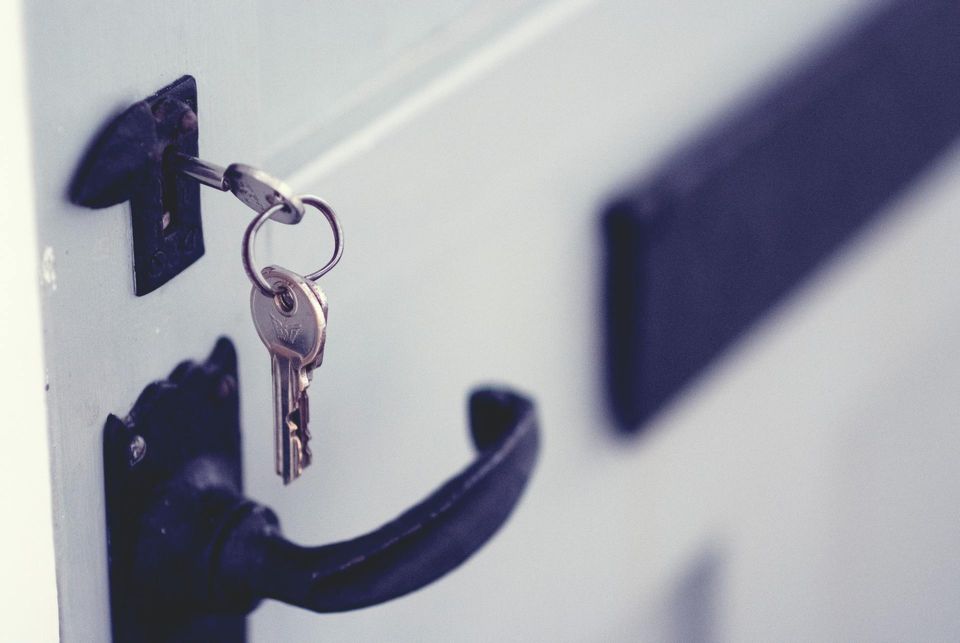Make your master key system last!
February 8, 2021
Make your master key system last!

You're all excited. Finally, you've decided to pay a security professional to rekey your facility with a master key system. Each person will carry only one key (maybe two) to go everywhere in the facility they're supposed to go -- and nowhere else. Gone will be the heavy jumble of keys. No more time will be wasted flipping through dozens of keys to open each door. Gone will be the daily hassle of users unable to access a room when they need to. Gone will be the thefts and that nagging feeling that you don't know who has access to your facility.
Now, how can you make it last? If you are careless, you'll rack up more rekeying costs, suffer more security breaches, and soon have a big, messy ring of keys again. It's up to you to take care to avoid this. The locksmith can design and implement a marvelous master key system, but only you can make it last. Here's how:
1. Be careful of duplicate keys.
The most common way that keys fall into the wrong hands is through unauthorized duplication. If your master key system uses a key that is widely available, you cannot assume that people are not copying and sharing the keys they've been issued. Stamping "do not duplicate" on a widely available key is not effective in preventing duplicate keys.
The only way to prevent unauthorized duplication of your keys is to install key cylinders that use patented or restricted keys. For most restricted key systems, duplicate keys are only available from the locksmith who supplied the cylinders. They release keys only to the authorized administrators of the facility. Usually, they'll keep a signature card on file for this purpose. Also, restricted keys are usually serial numbered so that your administrators can track who carries which key and hold them accountable for returning their key at a later date.
Restricted keys prevent keys from spreading due to authorized duplication; however, they do not prevent you and your staff from making poor judgments about issuing the keys.
2. Keep your keys close to your chest.
The single most important thing you can do to keep your facility secure and keep your master key system humming along is to carefully control the distribution of keys. The higher up the chart a key is (the more doors it opens), the more important this is. If you give one master key to the wrong person, you may need to rekey the entire facility again!
Therefore, you must think very carefully about the keys you issue. Keep careful records regarding which keys work which doors (your security professional should provide these records along with the new keys). Then, put strict policies in place to ensure that the right keys are issued to the right people. The locksmith can only issue the keys to their contact person. The locksmith cannot decide who gets the keys from there. Exercising good judgment about distributing keys is entirely up to you.
3. Coordinate all rekeying through the locksmith who designed your system (and therefore holds the records).
All keys issued for your facility need to be coordinated with the master key and the other keys issued. There should be no keys issued or locks changed in your facility without reference to the master key records. This is a document that specifies all the keys that are safe to use with your master key, which are already in use, and the hierarchy of the keys.. If another locksmith is just given a master key and asked to make up a key to go with it, that key might operate doors you don't intend, or other keys from your facility might work the newly rekeyed lock(s). You might not realize this until you find that you're having security breaches. When the professional locksmith services your locks by referring to the master key chart, you can be sure that the keys you want to work, will; the keys you don't want to work, won't.
If your building has tenants, this means that you must require them to either coordinate rekeying through you, or at least require them to use your locksmith. It is best to specify this in your lease agreements.
By following these three simple rules, you can keep your master key system humming along smoothly for many years!
